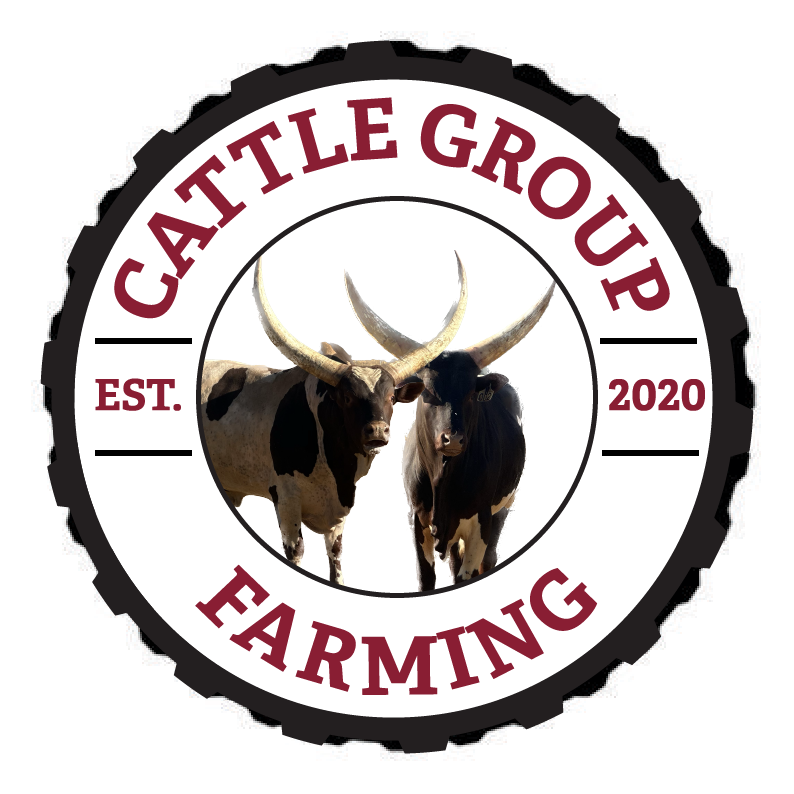Maize is Nepal’s second-most important crop after rice, but low soil fertility, unbalanced fertilization, and limited use of organic inputs have long kept yields low. The national average maize yield is just 2.8 t/ha, far below its potential. Farmers often rely heavily on nitrogen fertilizer while neglecting phosphorus and potassium, which reduces nutrient efficiency and increases environmental risks like water pollution and greenhouse gas emissions.
Fortunately, cattle can play a key role in improving soil health and boosting crop productivity—especially when combined with innovative techniques like urine-enriched biochar.
The Power of Cattle in the Field
Cattle don’t just provide milk and meat—they are living fertilization machines. Their manure and urine are rich in essential nutrients like nitrogen, phosphorus, and potassium, which are vital for healthy crops.
When combined with biochar, cattle urine becomes a slow-release, nutrient-rich fertilizer that dramatically improves soil fertility and boosts maize yields.

In this study (see citation below), farmers used Eupatorium adenophorum, an invasive forest weed, to produce biochar.
By mixing it with cattle urine, they created urine-enriched biochar (BU+M) that is easy to produce, cost-effective, and environmentally sustainable.
Pandit, N. R., Sipkhan, P., Sharma, S. S., Dawadi, D., Vista, S. P., & Raut, P. (2024). Cattle-Urine-Enriched Biochar Enhances Soil Fertility, Nutrient Uptake, and Yield of Maize in a Low-Productive Soil. Nitrogen, 5(1), 16-27. https://doi.org/10.3390/nitrogen5010002
How the Study Worked
A field trial tested four treatments:
Control (no biochar, CK)
Biochar only (BC)
Biochar + manure (BC+M)
Urine-enriched biochar + manure (BU+M)
All plots received recommended NPK fertilizers. Researchers measured soil properties, nutrient uptake, and maize yields over a growing season.
Key Findings
Soil Fertility: BU+M improved soil pH, organic carbon, and nutrient levels (N, P, K) better than all other treatments.
Nutrient Uptake: Maize absorbed significantly more nutrients from plots treated with urine-enriched biochar.
Maize Yields: Yields increased by 62% with BU+M compared to the control.
Nutrient Efficiency: Urine-enriched biochar reduced nitrogen losses to the environment and improved crop nutrient use efficiency.
Why Cattle Urine Makes a Difference
Slow-Release Fertilizer: Biochar’s porous structure holds urine nutrients in micro- and nanopores, releasing them gradually as crops need them.
Enhanced Soil Health: Organic compounds in cattle urine increase soil organic carbon and improve pH.
Sustainable Farming: Using urine from cattle reduces dependence on chemical fertilizers and helps sequester carbon in the soil.
In short, cattle are not just livestock—they are essential partners in building healthier soils and higher crop yields.
Practical Application for Farmers
Produce Biochar: Dry and pyrolyze 250 kg of Eupatorium feedstock to get ~50 kg of biochar.
Enrich with Cattle Urine: Mix biochar with cattle urine (approx. 1:1 volume) and let it sit overnight.
Apply to Fields: Spread at 10 t/ha along with NPK fertilizers and manure if available.
Even small-scale farmers with 0.2 ha can produce enough urine-enriched biochar in 2–3 days to see significant yield improvements in a single season.
Benefits for Farmers
Higher Yields: Maize crops thrive in nutrient-enriched soil.
Cost Savings: Using cattle urine reduces the need for expensive chemical fertilizers.
Soil Health: Regular application increases soil pH, organic carbon, and nutrient availability.
Environmental Protection: Slow nutrient release prevents leaching, reduces emissions, and helps combat climate change.
The Bigger Picture
Urine-enriched biochar shows that livestock and crops can work together to solve some of Nepal’s biggest agricultural challenges. By leveraging cattle as a source of organic nutrients, farmers can:
Improve soil fertility naturally
Increase maize productivity and farm income
Reduce chemical fertilizer use and environmental impact
Build sustainable, climate-resilient farming systems
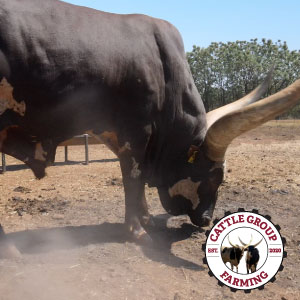


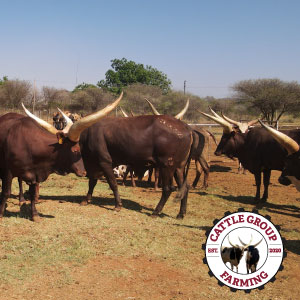

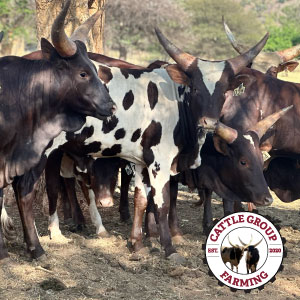

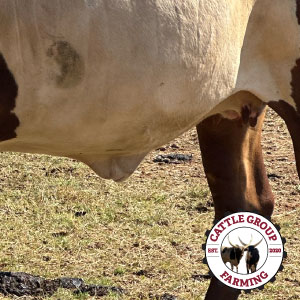
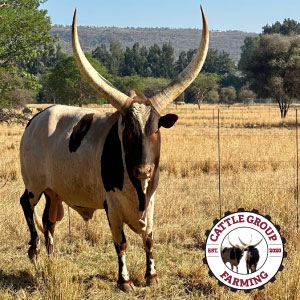
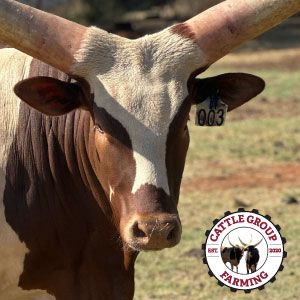
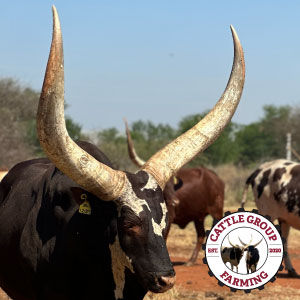
Conclusion
This study proves that cattle are not just valuable for meat and milk—they are crucial allies in improving crop yields and soil health. Urine-enriched biochar combines cattle resources with smart soil management to deliver higher yields, healthier soils, and sustainable farming practices.
